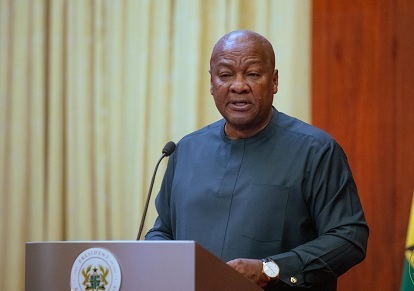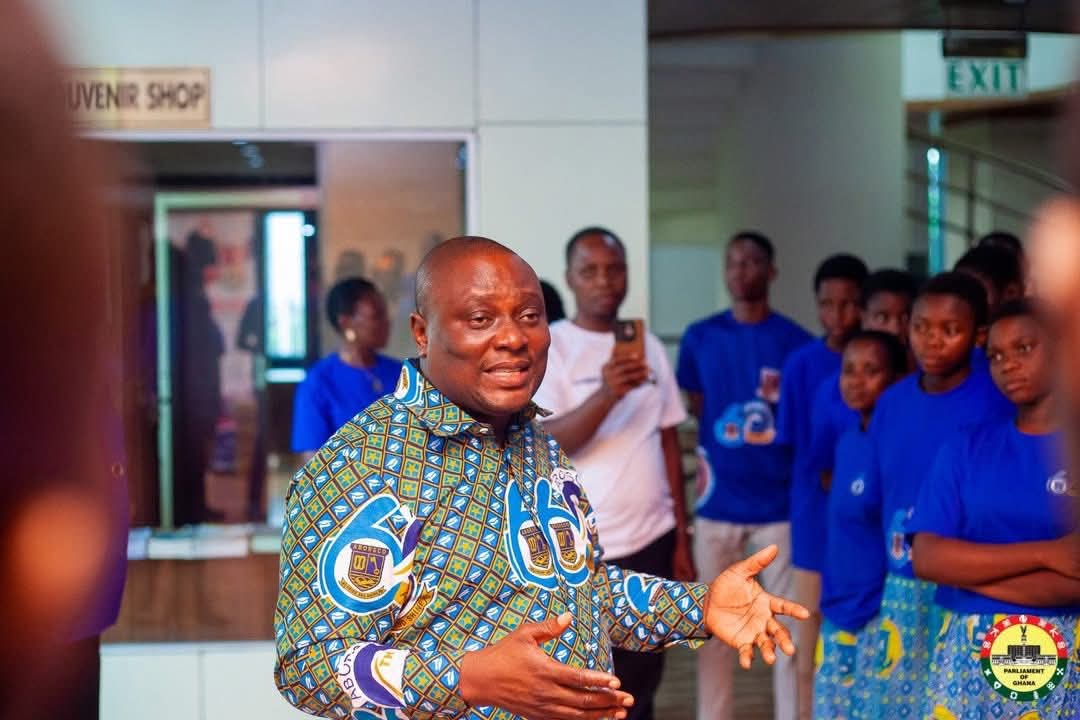In a political culture often weighed down by public skepticism and institutional fatigue, President John Dramani Mahama’s opening address at the 2025 Orientation and Training Programme for MMDCEs cut through the noise with one bold, unwavering call: “Declare your assets by July 15, 2025.” It wasn’t just an administrative directive. It was a national moment, a line drawn in the sand between the politics of the past and the principles of a new era.
Standing before Ghana’s newly appointed Metropolitan, Municipal and District Chief Executives (MMDCEs), the President spoke less as a head of state and more as a steward of trust. His words were deliberate, his tone steady but firm. “Public trust is not automatic,” he said. “It must be earned. And accountability is where that trust begins.”
For a nation whose decentralisation system is the lifeblood of community-level development, the President’s message was more than symbolic. It was structural. It was foundational. And it was transformational.
A Deadline that Speaks Volumes
The deadline, July 15, 2025 was not plucked out of political convenience. It was a test. A declaration of urgency. A signal that the era of quiet non-compliance and opaque public service is over.
President Mahama anchored this requirement within the framework of the 1992 Constitution and the Local Governance Act, but his deeper intention was moral rather than merely legal. Asset declaration, he stressed, is not a checkbox. It is an oath to the people, a public contract that affirms a leader’s clean hands before touching the public purse.
“This act is not a burden,” he said, “it is a badge, of honesty, of readiness, of respect for the people you are called to serve.”
The Culture Shift Ghana Needs
Ethical leadership is not a new language in Ghanaian governance, but under the Reset Agenda, it has found new teeth. The President’s insistence on early, full, and transparent asset declarations reframes leadership not as a privilege, but as accountability in motion.
In the past, ethical lapses at the district level have quietly eroded public confidence, leading to delayed projects, misallocated funds, or muted service delivery. But now, under President Mahama’s charge, ethical leadership is being reintroduced as the first currency of development. Not cement. Not money. Not machinery. But trust.
Trust, after all, is the only foundation strong enough to sustain inclusive governance, citizen participation, and true transformation at the grassroots.
The Implications for Local Development
If enforced, as the President firmly intends, the asset declaration directive could become a watershed moment in Ghana’s local governance story. It has the potential to usher in a culture where the moral standing of a District Chief Executive is as critical as their managerial skills; where transparency is no longer a good-to-have, but a condition for office.
This, in turn, could change how citizens interact with their leaders. If people know their MMDCEs have publicly declared their assets, they are more likely to engage them with trust, to collaborate on development projects, and to hold them accountable not through hostility, but through civic partnership.
In practical terms, ethical leadership also enhances investor confidence, aids procurement integrity, and reduces waste, especially as government begins disbursing record levels of funding to MMDAs. With each district set to receive up to GHS 25 million, the need for trusted hands at the helm has never been more urgent.
A Standard Worth Keeping
Critics may see deadlines as dramatic, but for a country in need of bold shifts, this is a standard worth setting and keeping. It calls every MMDCE to look inward before they look outward; to reflect before they mobilise; to account before they act.
This moment, simple as it may seem, is the litmus test for the Reset Agenda. And by placing it front and centre, President Mahama is doing what true reformers do: start with the heart, before the hand.
The Road Ahead
After the orientation and work begins in earnest, one thing is certain: July 15, 2025 will arrive. When it does, every MMDCE will have a choice, to align with a vision of transparency and servant leadership, or to step outside the bounds of public trust.
For President Mahama, this is not just a governance requirement. It is a personal philosophy, a leadership creed, and a national call to conscience. And in this renewed season of local governance, integrity is no longer idealistic, it is expected.
Written by Darling Maame Efua Cann
(The writer is a Public Relations Officer with the Ministry of Local Government. Chieftaincy and Religious Affairs (MLGCRA) and a Staff of the Information Services Department (ISD)
+233 (0)552898114
+233 (0)277785044




































